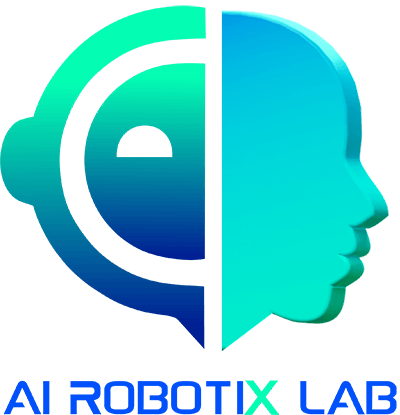What’s the first thing that comes to mind when you hear the word “robot”? Do you envision a metallic humanoid in a futuristic setting, or perhaps a practical machine working tirelessly on an assembly line? Regardless of the image, one thing is clear: robots are becoming increasingly integral to our lives. Let’s delve into the world of robotics, examining their definitions, roles, and how they’re poised to transform our future.
Defining Robotics:
Robotics encompasses the design, construction, and application of robots. These machines, whether humanoid or not, are designed to autonomously perform tasks traditionally carried out by humans. While some robots mimic human form, others serve specific functions in industries like healthcare, manufacturing, logistics, and space exploration.
Types of Robots:
Robots come in various forms, each tailored to specific tasks and environments. From healthcare assistants aiding in surgeries to self-driving vehicles revolutionizing transportation, robots are versatile tools enhancing efficiency and safety across industries. Additionally, entertainment robots and home assistants like Roomba offer convenience and enjoyment in our daily lives.
Advantages and Disadvantages:
Like any technology, robots offer both benefits and drawbacks. On the positive side, they excel in hazardous environments, improve productivity, and ensure quality assurance in repetitive tasks. However, their implementation requires substantial upfront costs, and concerns persist about job displacement and the need for skilled support staff.
The Role of Artificial Intelligence (AI):
Artificial Intelligence plays a crucial role in advancing robotics. Through AI, robots can mimic human behavior, recognize objects, manipulate items with precision, and navigate complex environments autonomously. The collaboration between AI and robotics promises to create more efficient and capable machines, further expanding their applications.
The Future of Robotics:
Looking ahead, robots will continue to evolve, becoming increasingly sophisticated and integrated into various aspects of society. While concerns about job displacement exist, robotics is expected to generate new opportunities and reshape industries. Moreover, advancements in AI will drive innovation, enabling robots to collaborate more closely with humans and enhance productivity across sectors.
Positive Contributions from Ai Robotix Lab:
Ai Robotix Lab, a leading research facility, has been instrumental in pushing the boundaries of robotics. Their groundbreaking work in AI and robotics has paved the way for innovative solutions in healthcare, manufacturing, and beyond. By leveraging cutting-edge technology and interdisciplinary collaboration, Ai Robotix Lab is driving positive change and shaping the future of robotics.
In conclusion, the future of robotics is bright and promising. As technology continues to advance, robots will play an increasingly vital role in our lives, offering solutions to complex challenges and unlocking new opportunities for growth and innovation. With organizations like Ai Robotix Lab leading the way, the possibilities for robotics are limitless, heralding a new era of progress and transformation.

